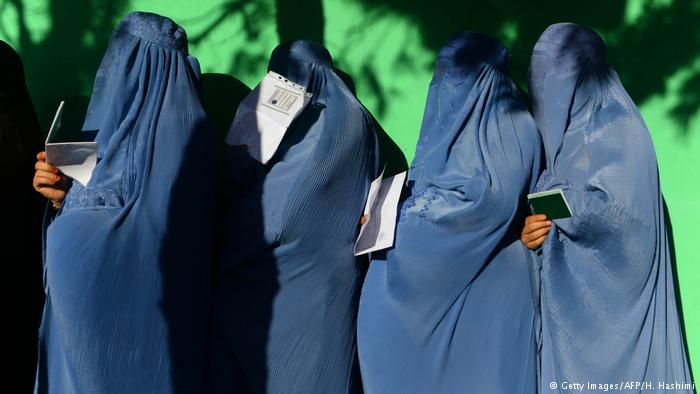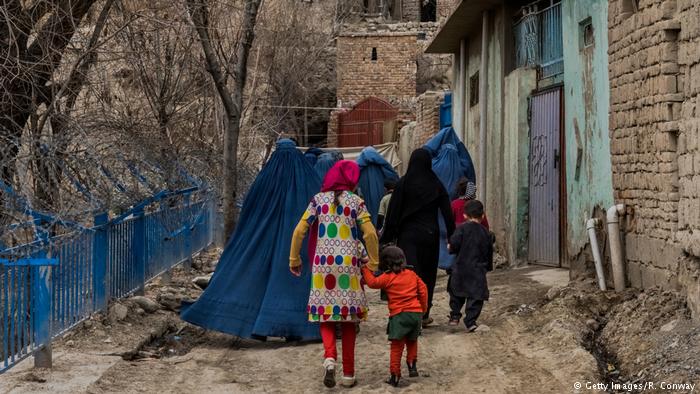Scared of school

Arson and poison attacks on schools across Afghanistan, mostly against those teaching girls, have forced students to defend themselves, an extra-curricular activity imposed by the government which blames the Taliban for the violence. Some 550 schools in 11 provinces have been closed because the state could not provide enough security.
Abdul Fatah, 16, takes it in turn every few weeks to stand guard all day at the entrance to Habibia High School, one of the best in Kabul. His parents worry that if there is an attack, he will be the first to get hurt. “We are on the front line,” Abdul said. “If there is an attack, it will be us who get hurt. But somebody has to do the searches.” But the only other choice is to stay at home and join tens of thousands of Afghans who have left school early and struggle to earn a living in menial jobs.
Schools have been burnt down across the country, hundreds of children hospitalized after drinking contaminated water and teachers attacked, whipping up a climate of fear reminiscent of Taliban rule from 1996 to 2001. The Taliban banned education for women and girls and only allowed strict Islamic instruction.
Afghanistan’s intelligence agency, the National Directorate of Security, says the Taliban are bent on closing schools ahead of the withdrawal of foreign forces in 2014. Some of the attacks are carried out by Taliban members and in some cases, it says, the Taliban have used children to poison fellow pupils.
Poisoning classmates
Recently, the agency said it had arrested 15 people after a spate of attacks in northern Takhar province, most of them Taliban, but also two girls who it said had been given 50,000 afghanis ($1000) each to smuggle in toxic powder into school and slip it into the water tank.
One of the girls, Sima Gul, a grade 12 student, said in a video released by the agency that she had also been forced to spray poison in her classroom by a relative in the Taliban who had repeatedly followed her to school. “He threatened to kidnap me and kill me if I didn’t do this,” she said, her voice breaking. “I am ashamed.”
“Over the last two years, the Taliban have moved away from large set-piece combat maneuvers and focused more on intimidation and social and political control,” said Joshua Foust, an expert on Afghanistan and Central Asia at the Washington-based American Security Project. “Shutting down schools is one way of establishing control.” But the Taliban have denied involvement, saying the attacks, arrests and confessions are part of a propaganda campaign to blacken their reputation.
Late for school
Alarmed by four poison attacks over the last two months on girls’ schools, authorities in northern Takhar province last week ordered headmasters to remain in school until late in the evening and staff to scour the grounds for suspicious objects and test the water before opening the school gates.
Girls go to school in groups of five to ten seeking safety in numbers. Some don’t dare to take in food or water in case someone poisons it, said Hamida, who is 19 but still in high school because of so many stops and starts to her education. “To be honest, we are very scared each day. If you see someone staring at you on the way to school, you know there can be trouble,” she said. Sometimes the children simply turn back for home, fearing an attack.
Mirwais Harooni and Sanjeev Miglani, Reuters






